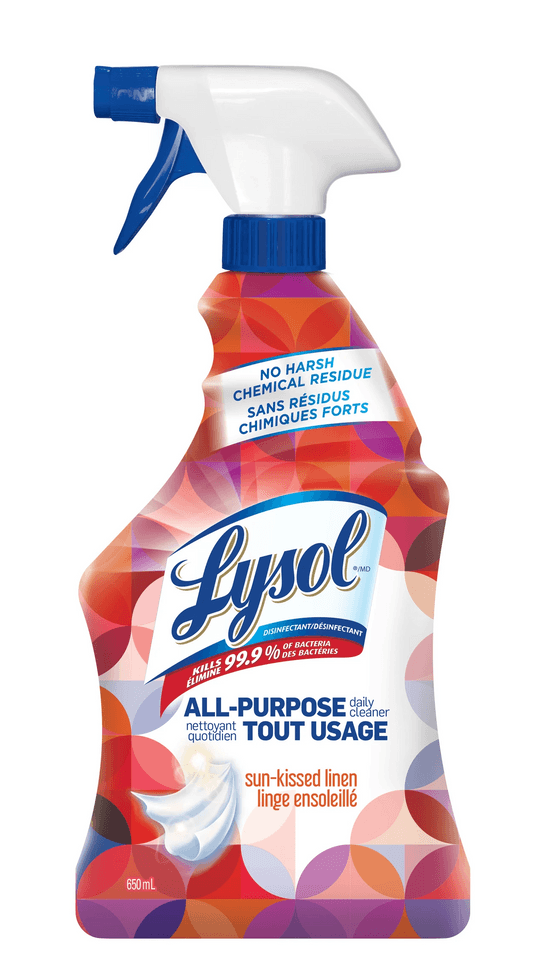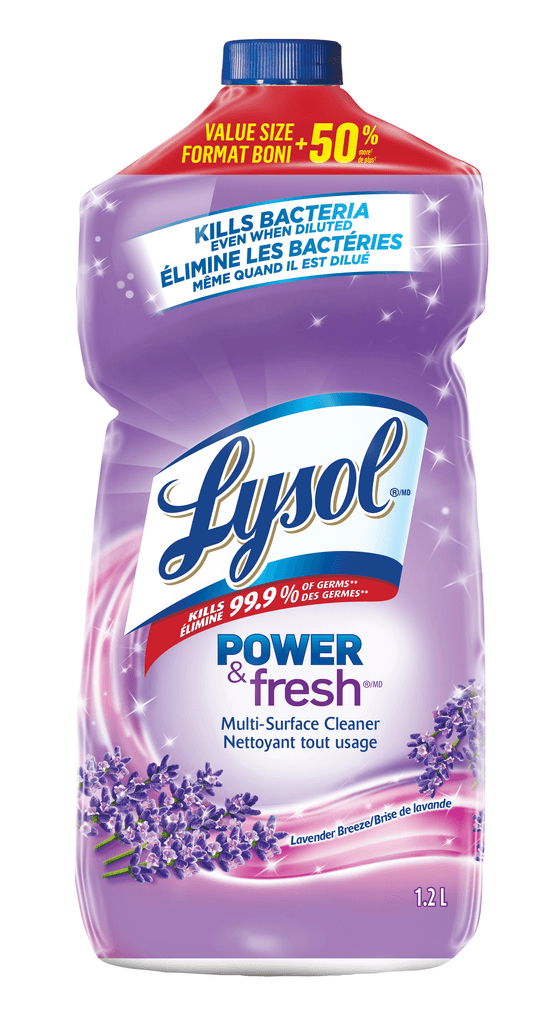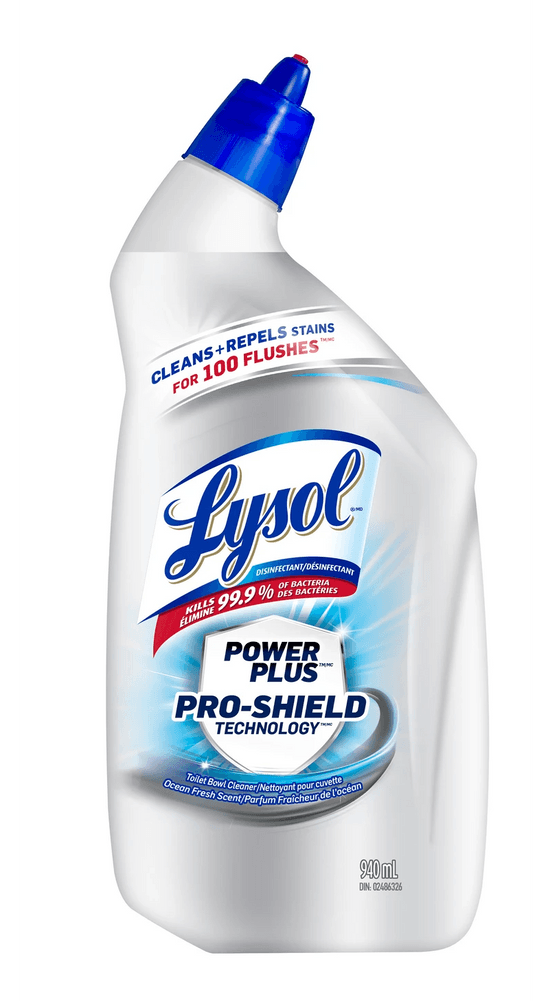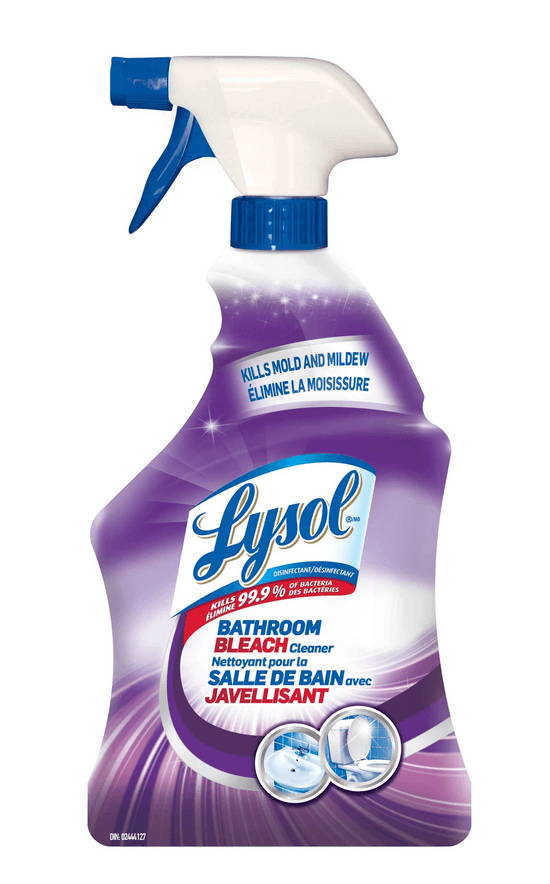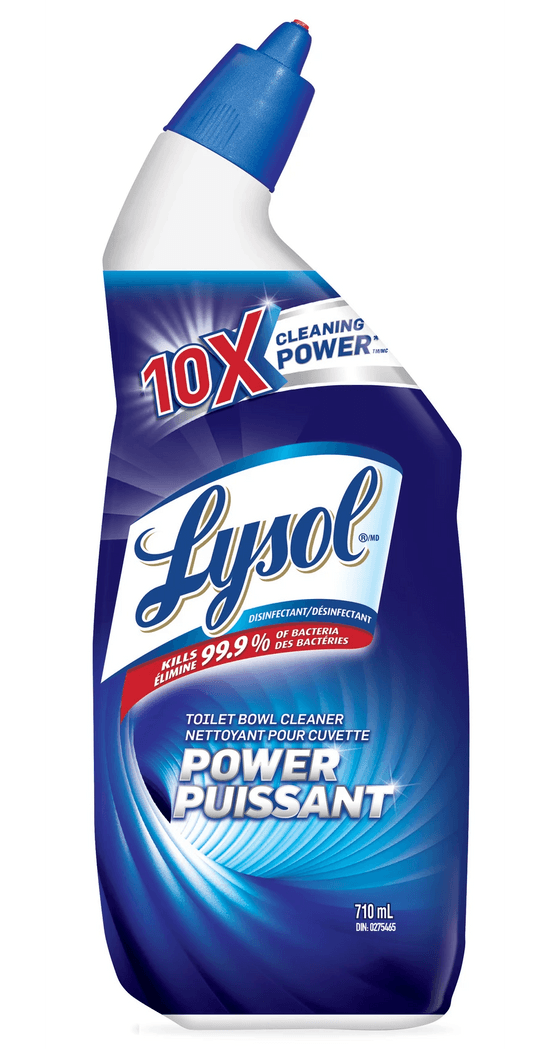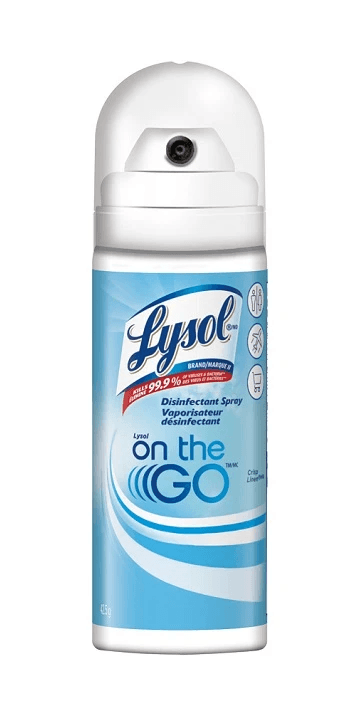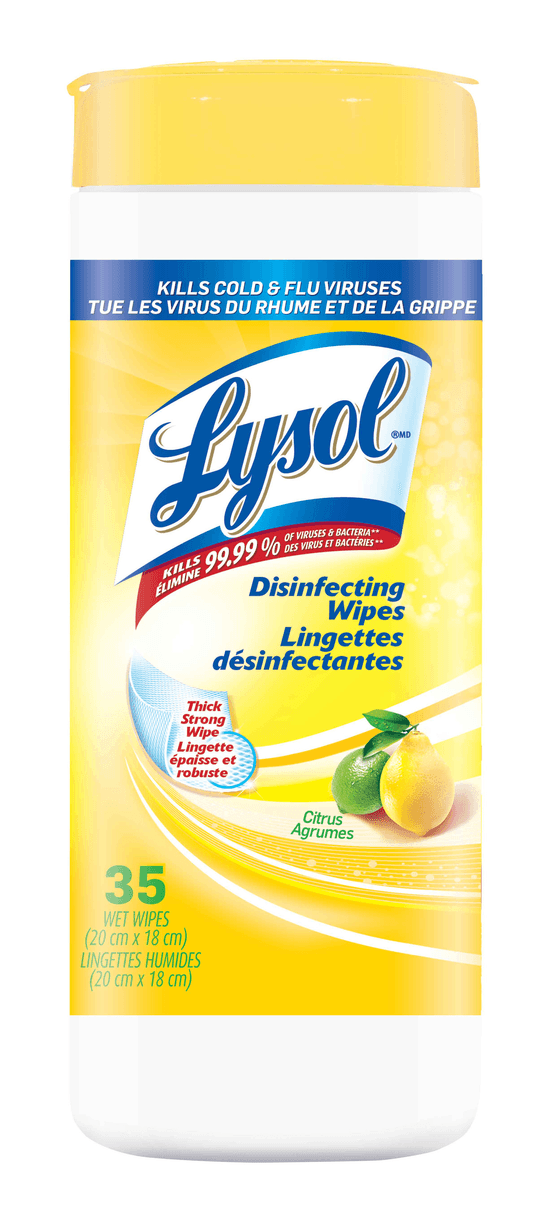
Frequently Asked Questions about Monkeypox
To help raise awareness and provide information about Monkeypox, we have listed some frequently asked questions below. As the situation is evolving in Canada, please refer to Health Canada’s website for the most up to date information about the disease.
What is the Monkeypox virus?
Monkeypox is a viral infection, with infected people showing symptoms like fever, aches, chills, etc., including a visible rash that may be painful. (2) According to World Health Organization, it is a viral zoonotic infection which means that it can spread from animals to humans. Person-to-person transmission can also occur through direct contact with an infected person or shared contaminated objects. (6)
What are the symptoms of Monkeypox?
Health Canada and the World Health Organization state that symptoms may develop 5 to 21 days after exposure to the monkeypox virus. (2) These symptoms could include:
- A rash that looks like pimples or blisters
- Fever
- Exhaustion
- Headache
- Muscle Aches and Backache
- Swollen lymph nodes
- Chills
- Exhaustion
Monkeypox may be contagious from the onset of the first symptoms until the scabs have fallen off on their own and the skin is healed. (3)
We recommend that you follow the guidelines set out by your local health authority when seeking the help or advice of a health professional. For more information visit Monkeypox: Outbreak update - Canada.ca
How does it spread?
Monkeypox can spread when someone is in close contact with an infected person. The virus can enter the body through broken skin, the respiratory tract, or through the eyes, nose, or mouth. It can also spread through contact with an infected person’s body fluids such as blood, saliva, and semen. (4)
According to the World Health Organization, you can also get Monkeypox by encountering recently contaminated materials like clothing, bedding, and other shared objects used by an infected person or animal.
We recommend that you follow the advice of the Public Health Agency of Canada (PHAC) or that of Global Authorities such as the World Health Organization regarding personal hygiene and other measures.
How can you reduce the risk?
As specified by the World Health Organization, you can reduce your risk of catching Monkeypox through the following ways:
- Clean and disinfect high-touch surfaces and objects in your home.
- Practice good hand hygiene – wash hands frequently with soap and water ensuring that all the surfaces of the hands are cleaned.
- Limit close contact with people who have suspected or confirmed Monkeypox, or with animals who could be infected. (6)
Which products are likely to kill Monkeypox, when used as directed?
As shared by Health Canada, here is a list of Lysol products that are expected to kill the Monkeypox virus:
[i] Government of Canada. Monkeypox: Outbreak update. Available at: https://www.canada.ca/en/public-health/services/diseases/monkeypox/health-professionals.html Last accessed July 2022
[ii] Government of Canada. Monkeypox: Outbreak update. Symptoms and treatments. Available at: https://www.canada.ca/en/public-health/services/diseases/monkeypox/symptoms-management.html Last accessed July 2022
[iii] Government of Canada. Monkeypox: Outbreak update. Prevention and risks. Available at: https://www.canada.ca/en/public-health/services/diseases/monkeypox/risks.html Last accessed July 2022
[iv] Government of Canada. Health Canada. Drugs and health products. Available at: https://www.canada.ca/en/health-canada/services/drugs-health-products/disinfectants/emerging-viral-pathogens.html#wb-auto-4 Last Accessed July 2022
[v] World Health Organization. Q&A on Monkeypox. Available at: https://www.who.int/news-room/questions-and-answers/item/monkeypox?gclid=Cj0KCQjwof6WBhD4ARIsAOi65ah6SlsRs8etGl08SzDYvdrUltzMEaD4Hkm2NQw_K3EI4nhQ8lL8IDoaAjffEALw_wcB Last accessed July 2022
[vi] World Health Organization. Key facts. Available at https://www.who.int/news-room/fact-sheets/detail/monkeypox#:~:text=Monkeypox%20virus%20is%20transmitted%20from%20one%20person%20to,Africa%20and%20is%20occasionally%20exported%20to%20other%20regions. Last Accessed July 2022
